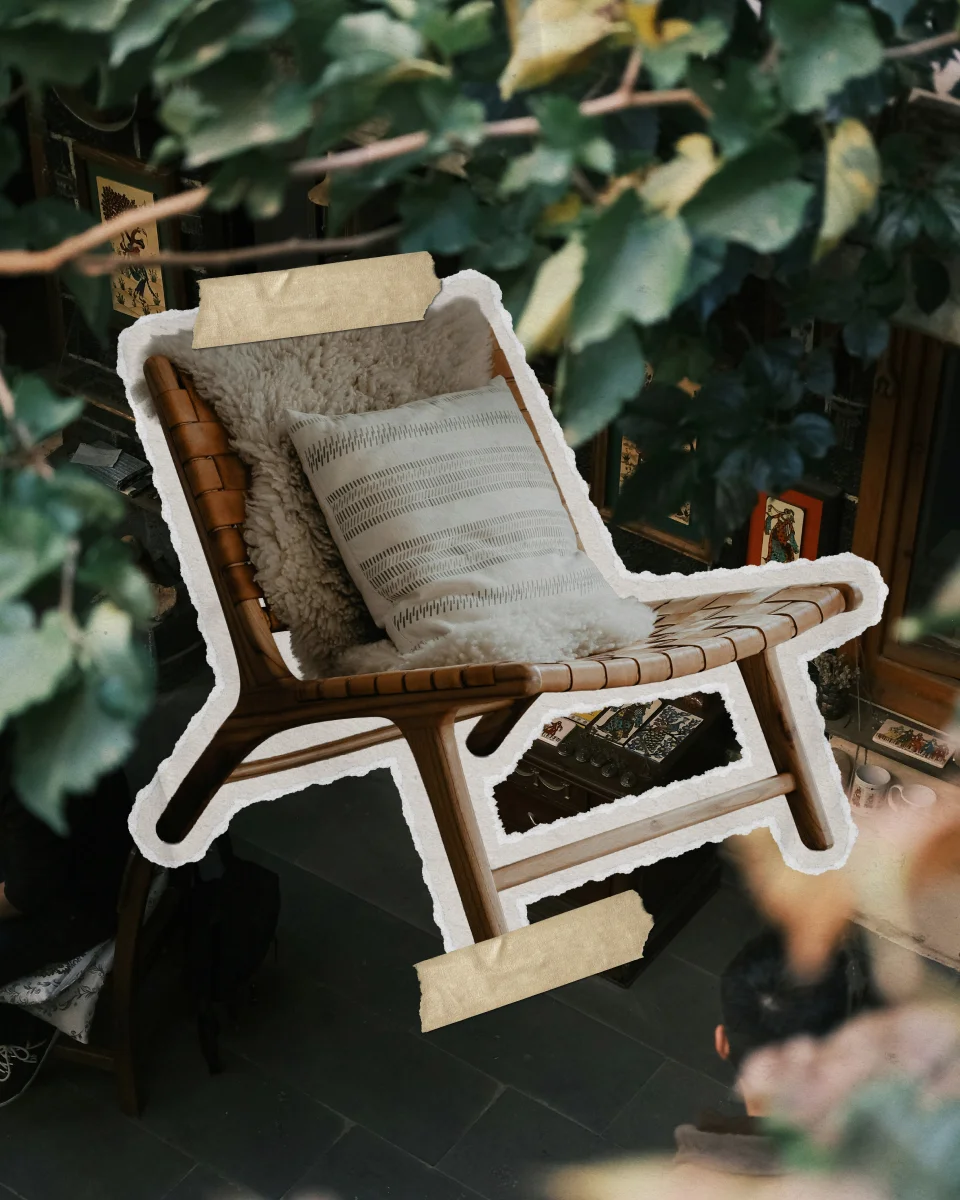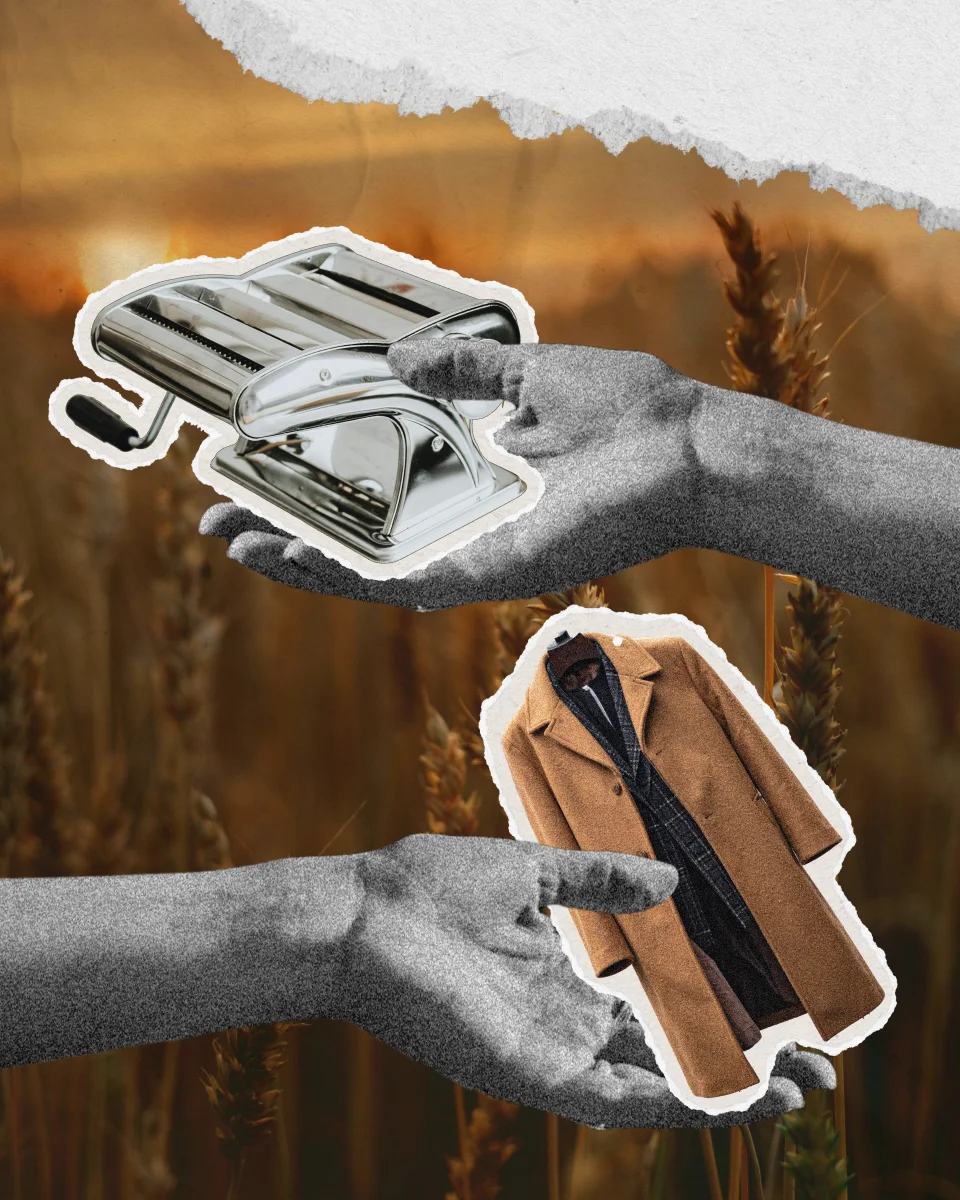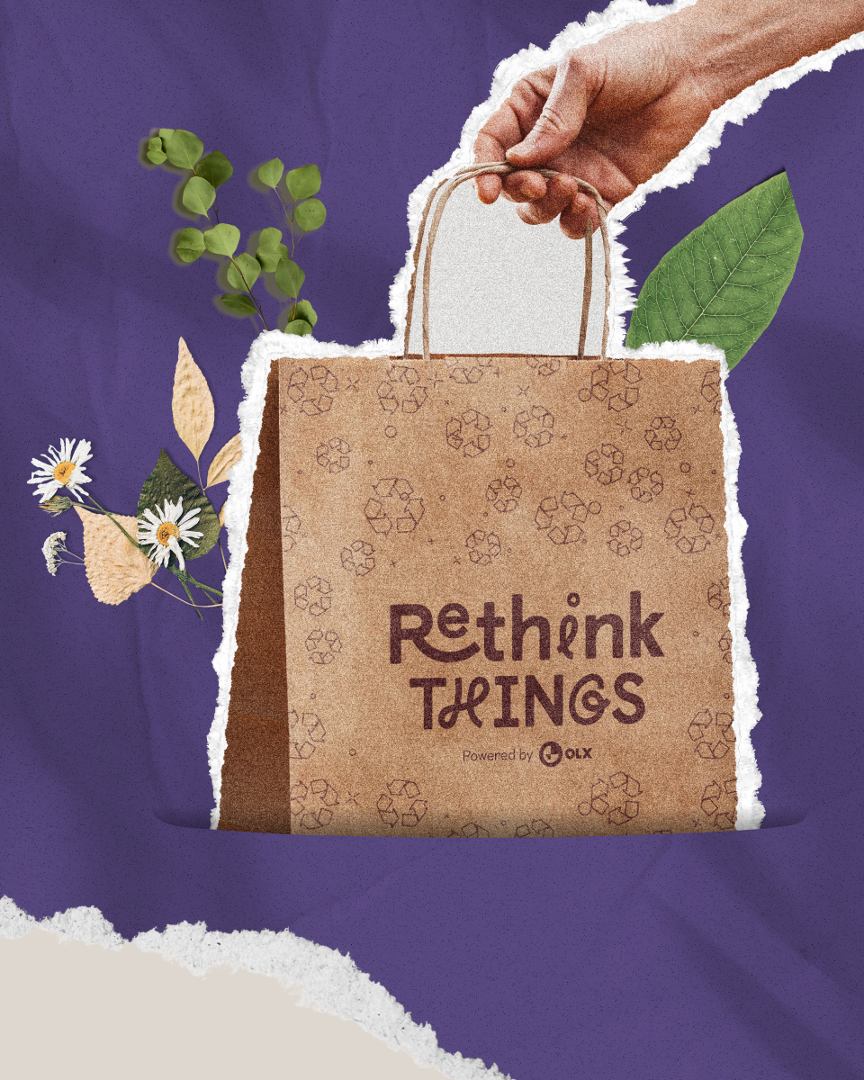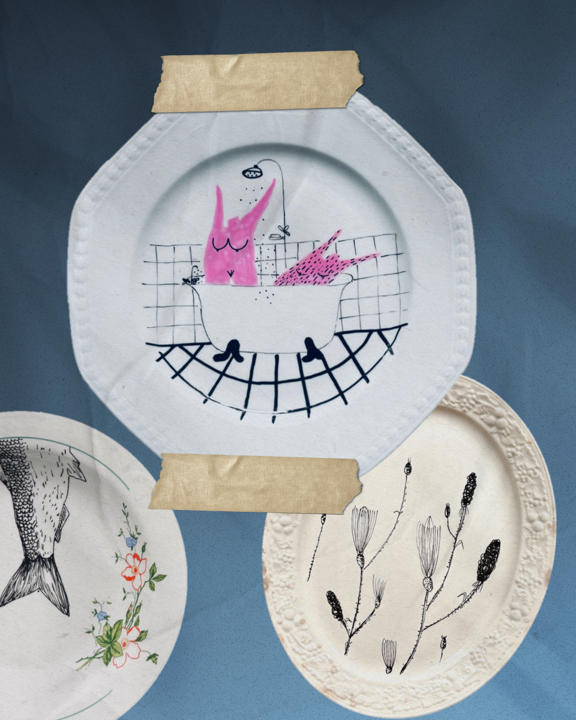
10x how to find the best second-hand furniture
We get it. Scrolling through glossy interiors on Pinterest can make you want to order everything new, now, delivered tomorrow. But every ‘new’ item we buy adds a little more pressure to a planet already gasping for air.
That’s where second-hand furniture comes in. Whether you’re digging through a thrift shop, trawling through Facebook Marketplace, checking out OLX or refreshing Vinted for the tenth time, you’re part of something bigger: a quiet, creative rebellion against throwaway culture.
Here are ten tips to do it right!
1. Know your space (but really)
Before you start scrolling or thrifting, grab a tape measure. Seriously. That perfect mid-century dresser might look dreamy online, but if it doesn’t fit through your hallway, heartbreak (and bruised knuckles) await. Jot down dimensions, take photos of your space, and keep them on your phone. It’s the least sexy part of second-hand shopping, but also the one that saves the most tears (and money).
2. Look for ‘bones’, not perfection
When you’re buying new, you expect flawless finishes. But in the second-hand world, perfection’s overrated. Instead, look for good bones: solid frames, real wood, sturdy joints. Scratches and scuffs? That’s just furniture bruises and totally fixable. Think of it this way: you’re not shopping for showroom-ready; you’re shopping for potential.
3. Ask questions (and then ask a few more)
Especially online, curiosity is your best protection. Don’t be shy to message sellers. Ask about age, condition, materials, and whether it’s from a smoke-free and pet-free home (trust us). Photos can hide a multitude of sins like dodgy joints, weird smells or mystery stains. If a certain part is not pictured, ask. If the seller avoids answering… maybe avoid the seller.
And yes, always ask: ‘Can you help load it into my car?’ Because one-person furniture missions are not for the faint-hearted.
4. Trust your gut
Online second-hand shopping is a little like dating apps: some listings sparkle, others… not so much. If that ‘rare vintage chair’ costs less than your lunch and the photos look like they were taken during an earthquake: swipe left. But if the ad feels honest, the pictures are clear, and the description sounds like someone who actually loves the piece: that might just be your happily ever after. In the world of second-hand, instincts > algorithms. And when in doubt, just remember: if it’s too good to be true, it probably is.
5. Fall in love slowly
Finding second-hand treasures can feel like a rush. Your heart skips a beat, your brain screams ‘buy it before someone else does!’ But take a breath. The best finds aren’t impulse decisions but slow burns. So before you click ‘buy’, ask yourself:
- Do I actually have a spot for it?
- Do I really love it, or do I just love the price?
- Can I give it the care or upgrade it deserves?
The truth is, not every cute chair needs rescuing and not every deal is destiny. When you choose pieces that genuinely fit your life and not just your Instagramfeed, your home starts to feel like you.
6. Make friends with flaws
That scuffed tabletop? That faded fabric? Those are stories, signs of a life well-lived. Sometimes a little sanding, a fresh coat of paint or a reupholstered seat go a long way. Suddenly, you’ve turned someone’s old into your new favorite thing. Repairing is empowering and besides that: perfection is boring anyway.
7. Plan the pickup
Found the perfect piece online? Amazing. Now comes the real challenge: getting it home. Check measurements again, plan transport, and bring a friend (or three). Many online sellers expect you to handle pickup yourself, so think ahead:
- Can it be dismantled?
- Will it fit in your car?
- Or do you need to rent a van (and is it still worth it, in that case)?
Trust us: nothing kills the joy of a good find like realizing your ‘compact’ sofa needs a forklift.
8. Mix the real hunt with the digital scroll
The best second-hand shoppers don’t choose between thrift stores and online secondhand marketplaces, they use both. In person, you can test the wobble, feel the fabric, and catch those ‘love at first sight’ moments. Online, you get endless choice, wider reach, and sellers from every corner of the country. So mix it up. Hunt in real life, scroll with purpose, and use the internet for inspiration too: follow circular design accounts, discover upcycling ideas, and borrow ideas from people who make reuse look seriously good.
9. Know your no’s
Part of being a great second-hand shopper is knowing when to walk away. Mold, deep water damage, or furniture that smells like regret? Hard pass. One more time for the people in the back: not everything can or should be saved. Choose wisely. There’s always another treasure waiting, maybe even better than the one you almost settled for.
10. Remember: every piece has a story
When you bring home something second-hand, you’re not just buying furniture. Call us cheesy, but you’re extending a story. One that’s older, deeper, and far more interesting than anything brand new. That coffee table might’ve hosted decades of board games. That armchair might’ve seen a thousand good books and a bad breakup. Now it’s part of your story too. Isn’t that amazing?
Happy thrifting, treasure hunter!

Florine started out as an art critic, but that turned out to not be quite her thing. So, she did what any sensible person would do - packed her life (and family) into a tiny campervan and roamed the planet for seven years. Now back in the Netherlands, she’s juggling life as a strategic advisor for a Dutch non-profit, while also writing for magazines and platforms. When she’s not typing away, you’ll probably find her treasure-hunting at thrift stores to jazz up her tiny house by the sea. Or wandering outdoors, because apparently sitting still isn’t really her vibe.



.png)
.png)









